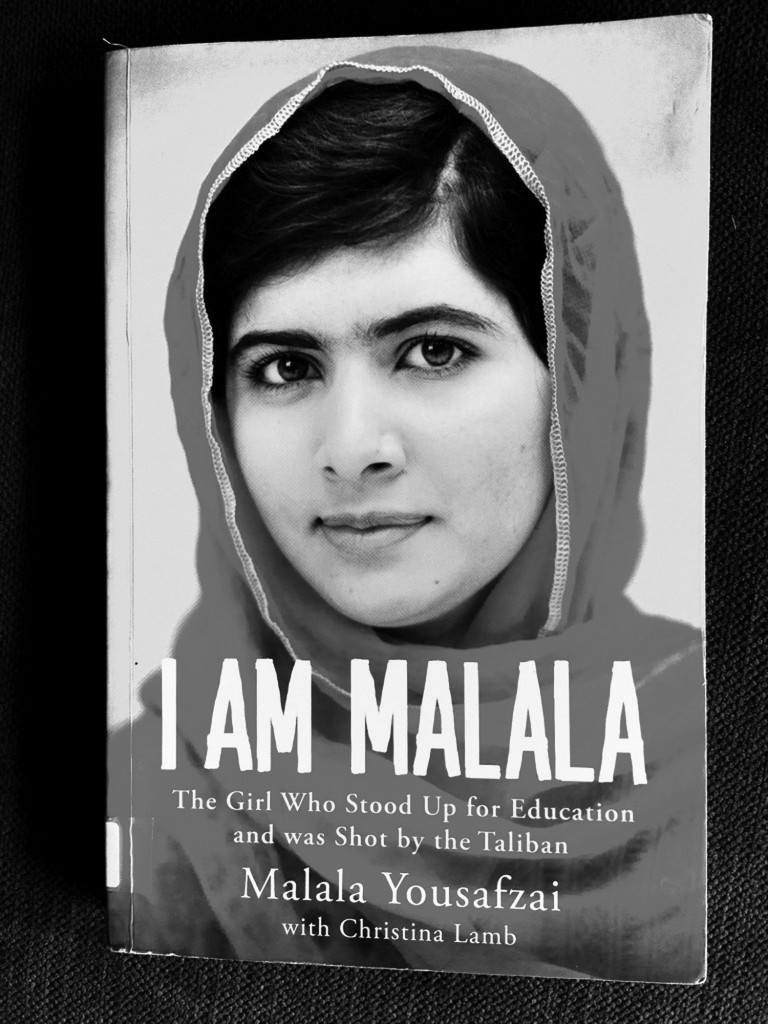“I Am Malala,” the remarkable true story of Malala Yousafzai’s fight for the right to education, has been on the New York Times bestseller list for 29 weeks. Her memoir was called “fearless” by “The Guardian,” while “The Washington Post” wrote, “this is a book that should be read not only for its vivid drama but for its urgent message about the untapped power of girls.” A documentary film of Malala’s incredible story entitled “He Named Me Malala” is coming to theaters on Oct. 2. Malala is a Pakistani activist who advocates for girls’ right to education. She is the youngest-ever Nobel Prize laureate, earning that honor in 2014 at the age of 17.
Her book chronicles the incredible fight against the Taliban to ensure education for girls. Malala wears the scars of this fight. On Oct. 9, 2012, Malala was shot in the head by a Taliban gunman. It is a miracle that she recovered. The Taliban tried to silence her, but instead their actions launched her to the center of international attention, giving her a platform from which she could share her empowering message: “The Taliban is against education…But I said, ‘Education is education. We should learn everything and then choose which path to follow. Education is neither Eastern nor Western, it is human.’”
I think this book resonates with its readers for a number of reasons. First, Malala’s optimistic tone is refreshing. She recognizes, more than most of us, the sobering realities of a patriarchal world, but she refuses to give up hope ,and she gives us hope as well. Malala writes, “To sit down on a chair and read my books with all my friends at school is my right. To see each and every human being with a smile of happiness is my wish.”
The second reason this book is popular is that it works as a strong feminist manifesto without demeaning or bashing men. This respect for men is seen most powerfully and most intimately in Malala’s regard for her father, who is also an activist. She writes often about how her father has influenced her. In the area of Pakistan where Malala was born, people often lament the birth of a daughter. Malala takes great pride in recounting how her father celebrated her birth. The mutual respect between father and daughter continues to frame the notoriety they receive for their activism: “I knew that any of the girls in my class could have achieved what I had achieved if they had had their parents’ support.”
Finally, this book is ultimately a signpost reminding us that good will prevail, that the pen really is mightier than the sword. The book, and Malala’s own life, assures us that there is meaning within our suffering. In light of this truth, we are inspired by Malala’s courage, to be courageous ourselves as we seek to champion justice.
Sources: “I Am Malala,”
www.washingtonpost.com
www.theguardian.com

